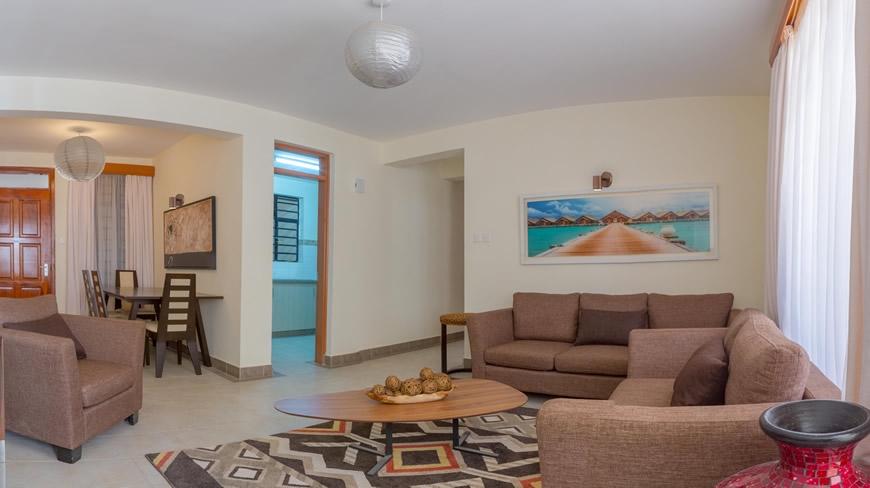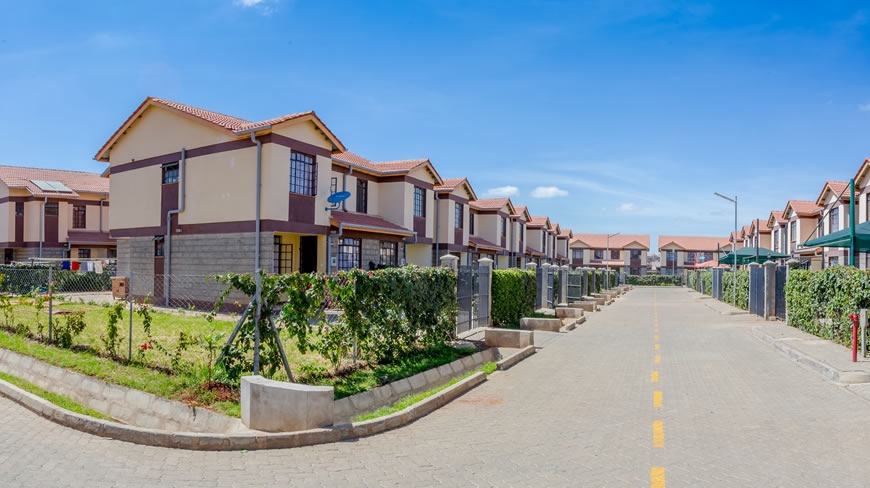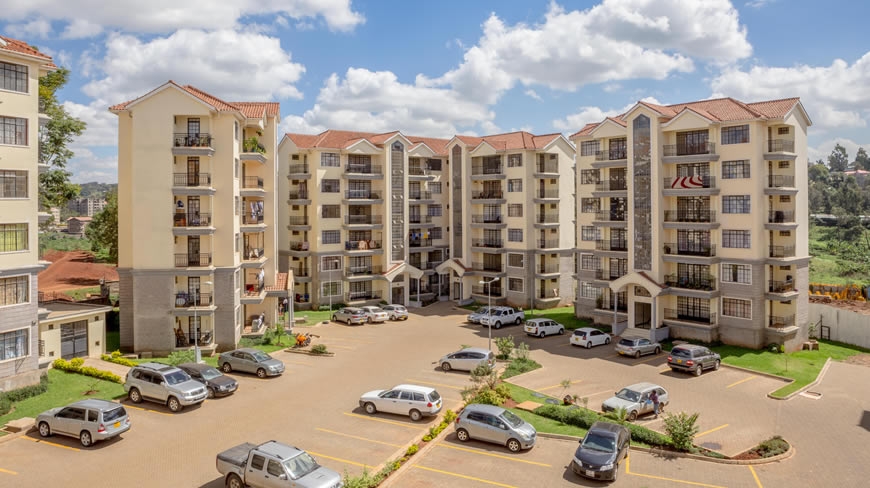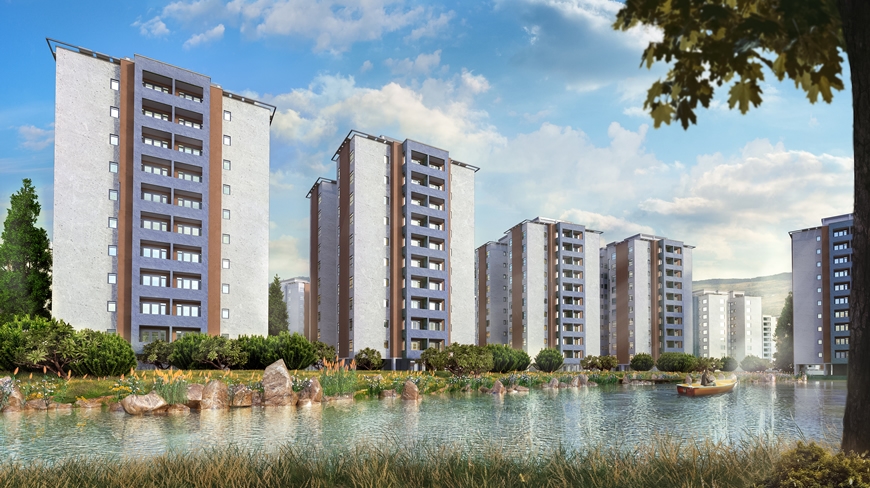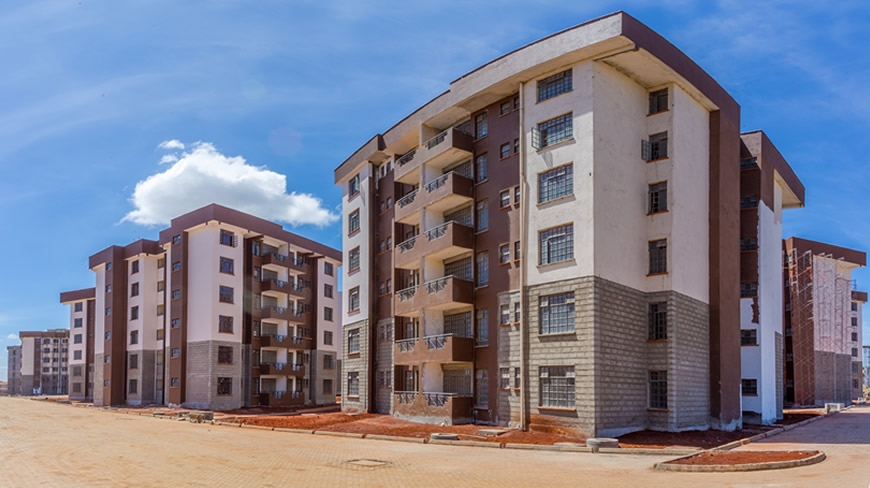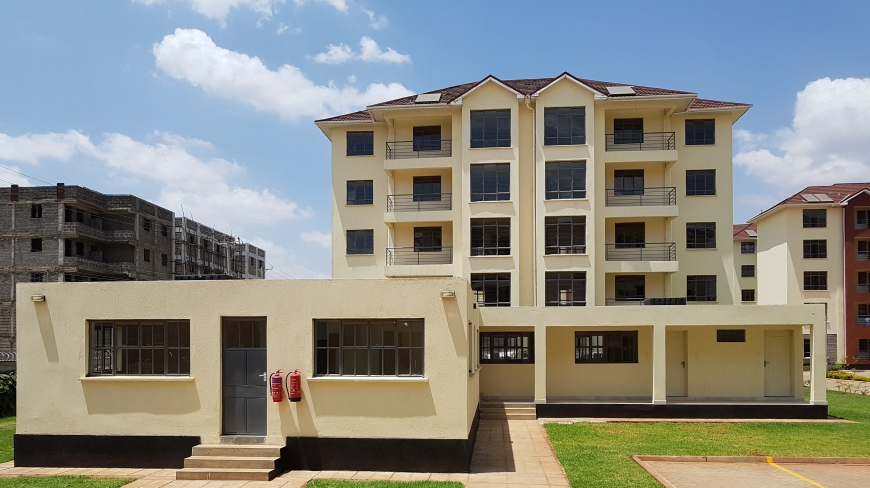You may run into problems, however, if you select a specific house plan too soon. Experts at Housing Finance recommend that you design a home to suit a landscape, since you may not be able to alter a landscape to accommodate the specifications of predetermined house plans.
The configuration of rooms, the placement of windows, the location of the driveway and many other design elements will be affected by the land you build on.
Think about ways the building site will influence the shape and style of your home. Think about the soil type. Building on clay soil tends to be much more expensive than building on fine soil. Building on a rocky hillside is not practical.
Also consider if other structures can be clearly seen from the building plot. Think about the prevailing architectural style and ensure that you're proposed home fits the overall context of the neighborhood.
You want the site of your new home to be beautiful, but it must also be safe and affordable. Before you make a final decision, you will need to sit down with an expert to go through a list of technical details.
At HFC we put you in touch with consultants with the legal and scientific expertise to offer building advice.
The consultants will investigate the characteristics of the land and explore zoning, building codes and other factors.
It is fundamental that you establish if the property has been a victim of industrial waste or if was a dumping site since there may be pollutants that may not be apparent to an untrained observer.
It is wise to also consider the climatic conditions of the area. Although the property may appear prime, it is important to confirm if the property is subject to landslides or sinking?
Experts advise you exercise caution when buying property located near a river or at hills or low spots which may make your home subject to water runoff.
A property that is near an airport, highway, or railroad link tends to be affected by noise emanating from the planes, trucks or trains.
Unless the property is in a development, there may not be easy access to electricity or public water lines which further escalate costs. If there are no municipal sewers, you will need to know where you may legally place your septic system.
You may be tempted to skimp on the cost of your land so that you can spend more money on building your house.
The cost of altering an unsuitable plot is likely to be more expensive than purchasing land that meets your needs and your dreams.

